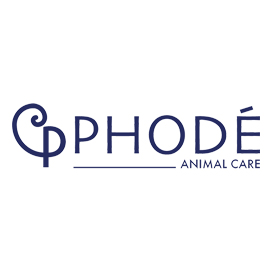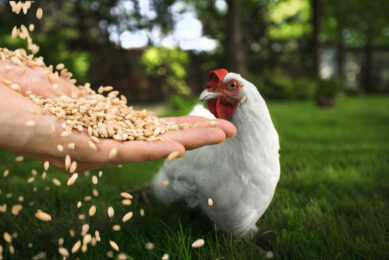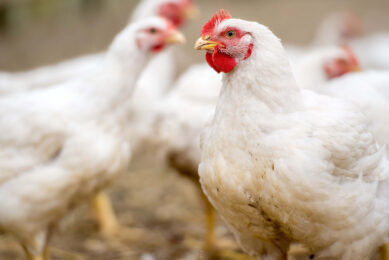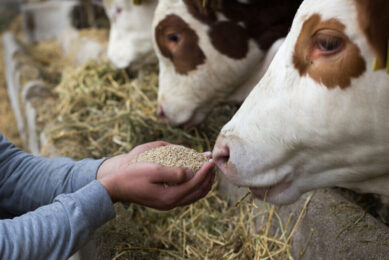How to get closer to genetic potential?

Modern farming systems have always been trying to push the boundaries of animal performance, working on various parameters to reach this target. Once these limits are met however, a holistic approach could offer further gains.
From farm management, sanitary conditions to livestock building technology and nutrition, all those parameters have been adjusted to get the best return on investment possible from farm production. However, once the best has been completed in terms of animal physiology, a performance threshold appears, directly linked by the animals adaptation capacity (= plasticity) limiting the final expression of their genetic potential.
A holistic approach to boost performance
Therefore, a new approach of animal production is necessary to push those boundaries, a vision going beyond zootechnical indicators and nutritional targets. This new vision has been defined by Laboratoires Phodé as based on a scientific and holistic approach of the animal, and aims to boost performance through ‘Better-Being’. This concept applies to all living beings and describes an overall improvement of their global status, for better performance and health.
Research by the company is dedicated to identifying and further understanding the effects of Qualified Sensory Functional Molecules (QSFM) on behaviour, brain activity, ‘Better-Being’ and ultimately performances of living beings. This expertise made the company able to create products with both behavioural and cerebral approaches, especially focusing on stress regulation, known as VeO Premium.
Functional sensory molecules and behavioural management
A scientific investigation was conducted to assess the effect of functional and olfactive innovations on animal behaviour. This model involved three strains of young Japanese quails distinguished by their social motivation, expressed as their innate reflex to join and stay close to peers; the high social motivated (S+), the low social motivated (S-), the neutral (ST).
Picture 1 – Quails’ Anxiety measurement device.

For each strain, 2 groups of quails [control vs QSFM product] were individually tested for their reaction towards a group of peers separated with a treadmill device (Picture 1). The time of the isolated subject spent away from a ‘stimulus’ group of peers was recorded. For the control group, each bird was tested separately without any sensorial enhancer (NO, control). In the tested group (O), the environment was enriched with the QSFM product.
Figure 1 – Improvement of quails’ social behaviour through a QSFM exposition.

The QSFM product had a positive effect on social motivation: in general, the quails joined the stimulus group quicker than in the absence of any sensorial enhancer (Figure 1). It appears that the QSFM product positively impacted the behavioural response of the isolated young quail (Figure 2). This social motivation is closely correlated with a better adaptation to the stressful conditions (separation from congener).
Figure 2 – 3-dimensional representation of the brain structures and their metabolism modifications.

Functional sensory molecules and brain activity
To determine how and why this tested QSFM product can produce such effects, Phodé Science in collaboration with an INRA research unit – ADNC (Food & Digestive, Nervous and Behavioural Adaptations) completed single and original investigations using piglets as a model (Clouard, 201; Val-Laillet and al., 2015 and 2016).
The trial carried out on just-weaned piglets (28 days) fed a QSFM supplemented (familiarized) or not (naive) pre-starter feed. After feed transition, (44 days of age), all piglets were submitted to a standardized ‘olfacto-gustatory’ stimulation (QSFM+ / QSFM-) and brain activity was revealed under a 3D positron emission tomography (PET) procedure.
QSFM (contrast QSFM+ vs QSFM-) are able to modulate both cortical and subcortical brain structures and this independently of the previous exposition (Fam. vs Naïve) suggesting no addictive effect.
Beyond this general brain modulation, the authors identified the potential of QSFM to activate brain circuits more and less involved reward, memory, mood and emotions management.
Author: Bertrand Medina, technical director, Laboratoires Phodé
References available on request.
Meet the technical team of Laboratoires Phodé at VIV ASIA 2017 : Hall 101 / Booth 1556 or join the technical seminar on Thursday 16th of March 2017 (Room 214 – from 10:00 to 11:00 am).






